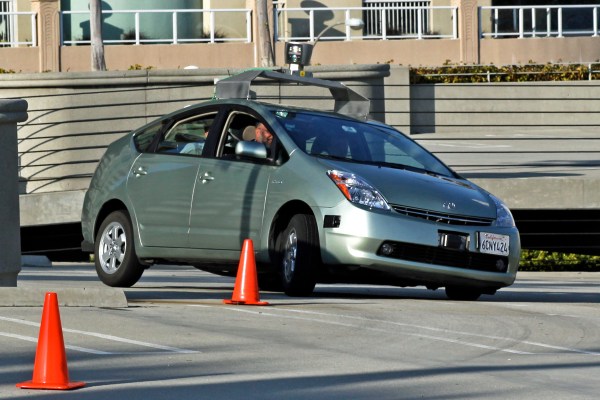The U.S. House approved a bill called the SELF-DRIVE act, which was put together by both Democrats and Republicans – a rarity in today’s congressional goings-on. If it becomes law (which still requires it to pass the Senate), then it would make it possible for companies working on self-driving to field a lot more vehicles per year – as many as 100,000 autonomous test cars annually, in fact.
Basically, the proposed bill would make it possible for companies including Ford, Waymo, GM’s Cruise and others to bypass some safety standards that currently apply to human piloted cars, including requirements like that they have steering wheels and gas pedals on board. This legislation would also supersede state-by-state rules, making it possible for autonomous testing to proceed on a level playing field across the U.S.
The Self-Driving Coalition for Safer Streets, which is an industry group including Ford, Lyft, Uber, Volvo Group and Waymo, provided the following statement from general counsel David Strickland to TechCrunch:
Self-driving vehicles offer an opportunity to significantly increase safety, improve transportation access for underserved communities, and transform how people, goods and services get from point A to B.
The Coalition is grateful for the House Committee on Energy and Commerce’s bipartisan leadership on the SELF DRIVE Act, and we look forward to working with members of the House and Senate to enact autonomous vehicle legislation that enhances safety, creates new mobility opportunities, and facilitates innovation.
The Senate has also been working on its own self-driving bill, and plans to hold a hearing in September to debate whether it will cover trucking as well.
